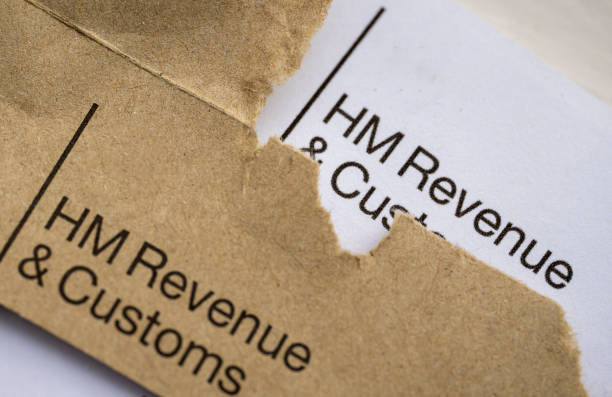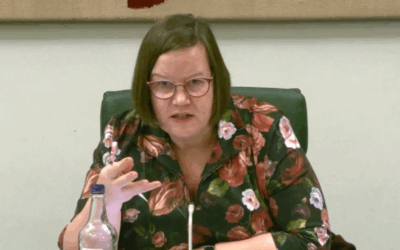Now that the Ethics Adviser’s report is in on the Rt Hon Angela Rayner’s tax error, one thing is clear: tax advice is complicated. Because the tax system is complicated, and life is complicated.
Although there’s no suggestion that the firms in this case acted incorrectly, and it appears that their advice carried a disclaimer that it wasn’t ‘expert tax advice’, the reality is that there is no such thing in current UK law. Unlike lawyers or financial advisers, anyone can give tax advice in the UK – with no qualifications, no mandatory standards of conduct, and no requirement to register with a regulator.
Self-regulating bodies exist for some of the professions that give tax advice, but around a third of the 85,000 tax advisory firms in the UK are not registered with any professional body. Even tax advisers that are found guilty of serious misconduct can simply carry on giving bad or even misleading advice. They don’t even have to be insured to cover the costs of bad advice.
When a professional tells you about your tax requirements, you should be able to know that you’re getting good advice, and have some recourse if you don’t. Successive governments have rejected calls for a tax advice regulator and minimum professional standards, which exist in many other countries from Australia to Germany. It’s high time that UK taxpayers got similar protections.
Notes
1. TaxWatch’s March 2025 report on gaps in the regulation of the tax advisory market is here.
2. In 2021 the UK government consulted on ‘raising standards in the tax advice market’ by introducing a requirement for tax advisers to hold professional indemnity insurance, and on the definition of tax advice. The government concluded that compulsory indemnity insurance would not be an effective mechanism for raising standards, and so the proposal was not enacted.
3. In March 2024, a second consultation set out different potential models for regulation, including mandatory membership of professional bodies, a hybrid system involving both professional bodies and HMRC, and a new independent regulator. Though responses to the consultation were “generally supportive of government intervention in the tax advice market in order to raise standards”, the government decided to enact none of these options.
4. The government is currently consulting on requiring tax advisers who interact with HMRC to register with HMRC itself and meet some minimum standards of conduct. Much of the problem, however, lies in situations where tax advisers do not interact with HMRC; for instance where – as in many property transactions – another professional or the taxpayer themselves deals with HMRC.
5. The rules surrounding stamp duty land tax (SDLT) are difficult for taxpayers to navigate. Determining whether the higher rate applies can depend on intricate definitions of “main residence,” the timing of transactions, and the interaction with other property ownerships both in the UK and abroad. For ordinary homeowners, this complexity creates confusion and increases the risk of accidental non-compliance. For investors and high-value buyers, it provides opportunities to exploit technical grey areas in ways that undermine the fairness of the system.



